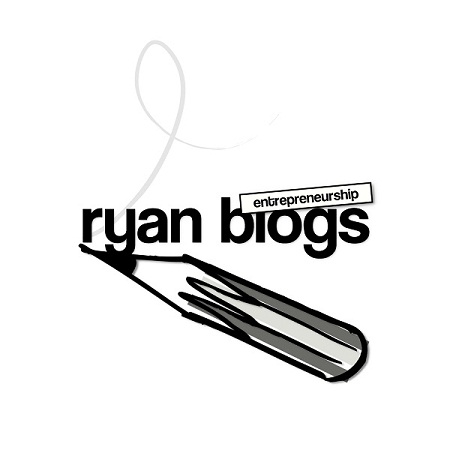 Richard Branson's book Loosing My Virginity - a title in reference to his famous Virgin brand - is a lengthy 572 page autobiography of entrepreneur's life. Unlike Business Stripped Bare which covered only Branson's most recent ventures and social work, this book covers his life from the very beginning.
Richard Branson's book Loosing My Virginity - a title in reference to his famous Virgin brand - is a lengthy 572 page autobiography of entrepreneur's life. Unlike Business Stripped Bare which covered only Branson's most recent ventures and social work, this book covers his life from the very beginning.The full story behind how Branson built his famous companies is amazing. Starting with only a student newspaper and later a small chain of record shops, he very quickly created a multinational company made up by an airline, a train company, a car company, a soda company, a cell phone company - you name it.
His ability to focus his creative energy in so many different industries is mind-blowing. Even more astonishing is the boot-strap way he built his momentum. Financing his new businesses with the profits of existing ones, Branson's masterful control of cash flow may have been the greatest key to his success.
My only criticism of the book is that it discussed in too much detail parts of Branson's life that weren't related to entrepreneurship: namely his many attempts to navigate from continent-to-continent or around the world in a hot-air balloon. Granted, it is his autobiography - and ballooning is obviously something he is very passionate about (and it did help build the Virgin brand in a very indirect way), but still - many reading his book are interested entrepreneurship and only that.
The last 1-2 chapters of the book, while the longest, were the best. In them, Branson reflects on his companies and where they are likely to go in the future. Clearly, he shows no signs of stopping.



